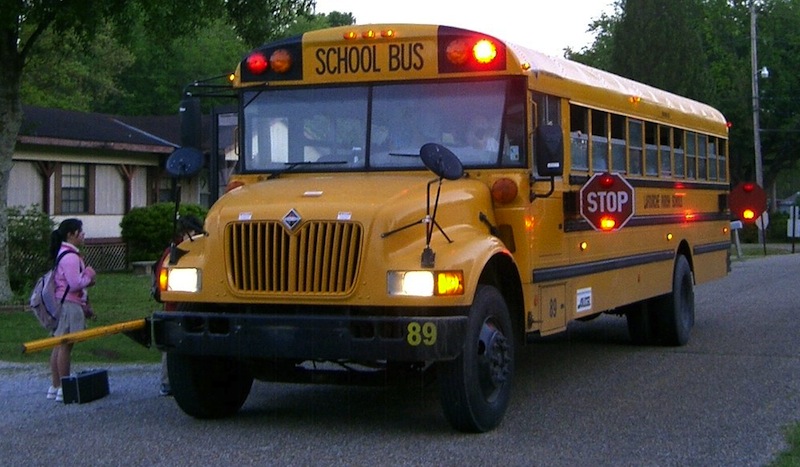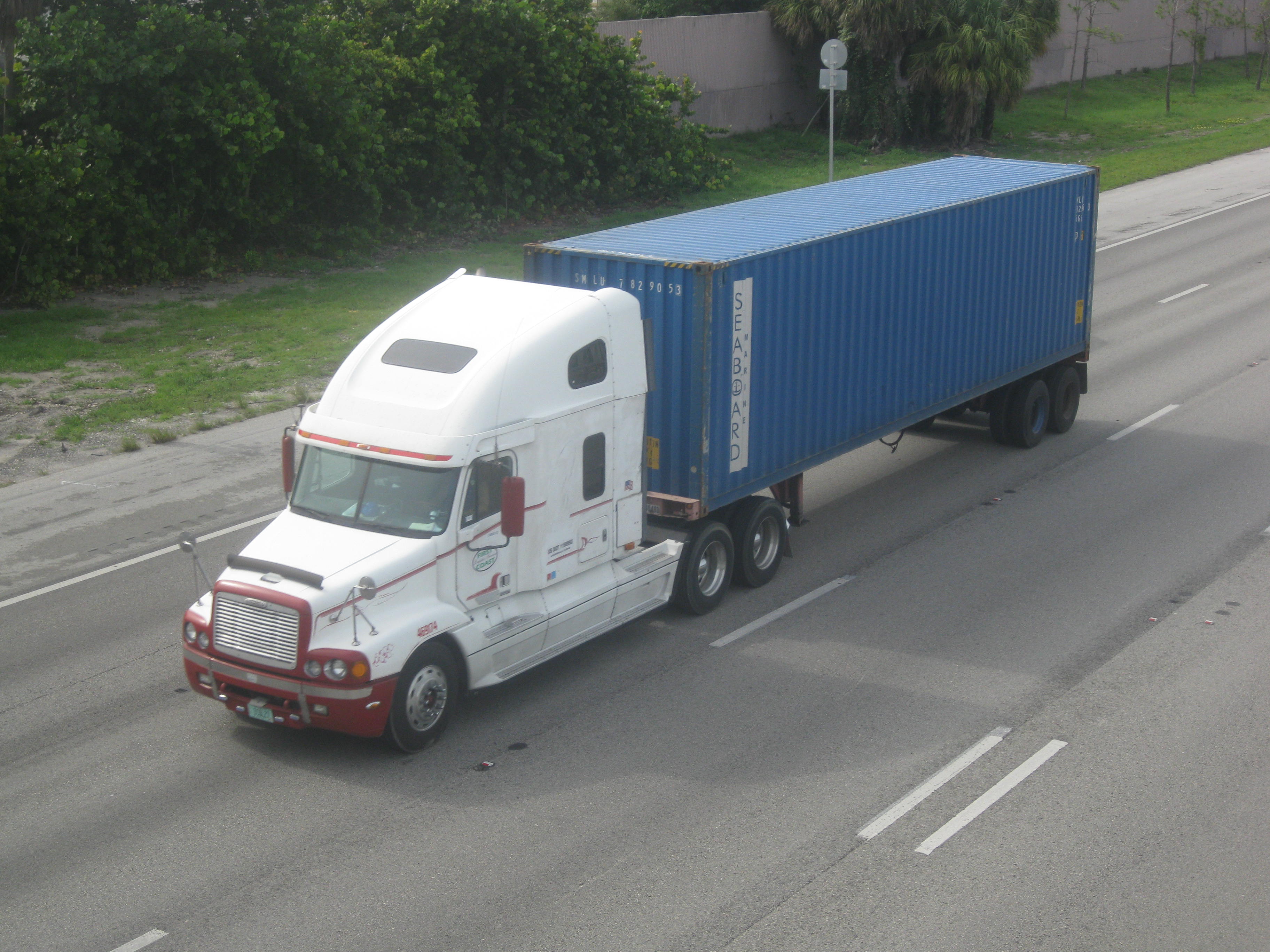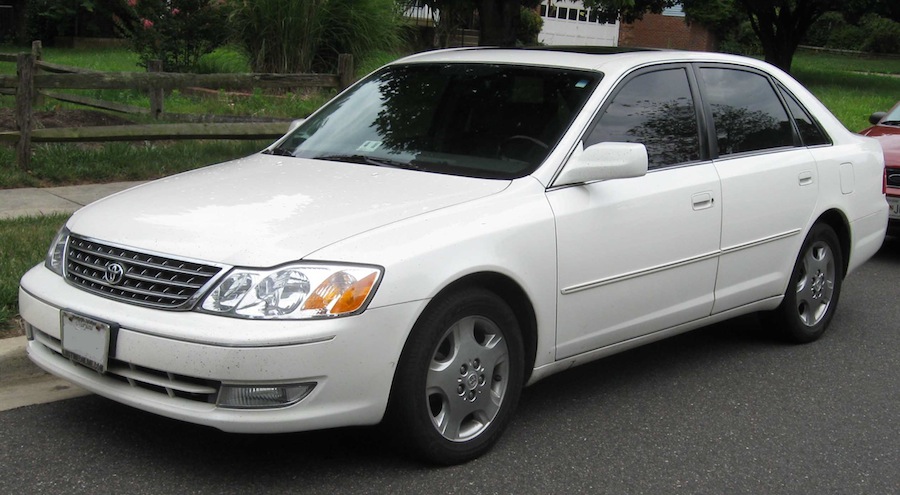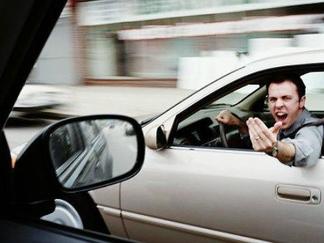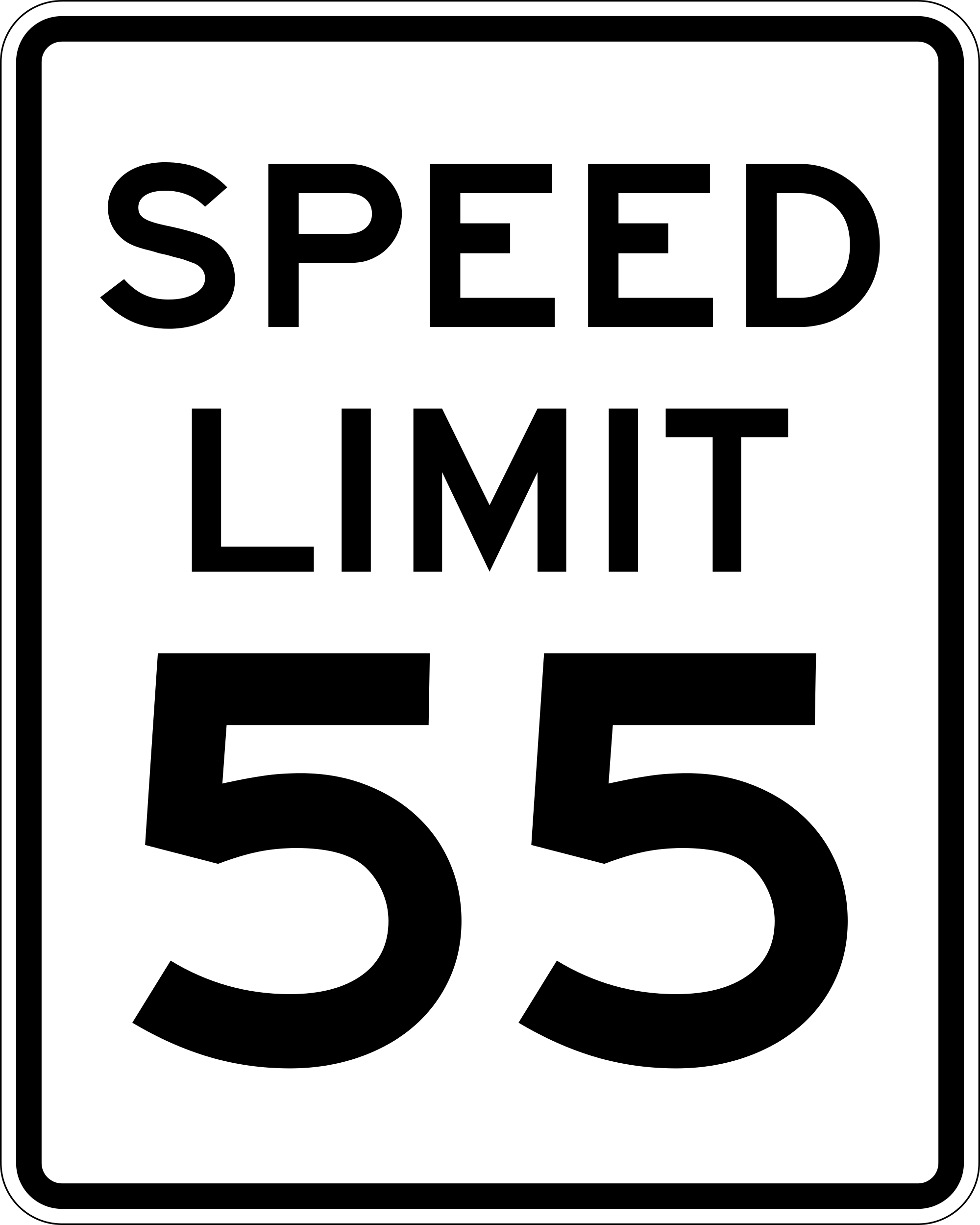
Between the struggle to get the kids ready and your wife changing her outfit for the third time, it looks like you are doomed to be late for Thanksgiving at your sister’s house this year. The temptation to gun it when you hit the highway is probably strong, but that could be an expensive mistake.
A typical speeding ticket costs at least $150. There’s also court surcharges that run about $90 and, if you end up with six points or more on your license (a speeding ticket carries at least three points), a driver responsibility assessment of $100. All told, you could shell out almost $350 – and that’s for going no more than 10 mph over the legal speed limit.
Consider what else you could have used the money for this holiday:
- 7 bottles of decent-quality wine (avg cost $50). You could have skipped that cheap stuff your second cousin always brings and really splurged.
- 14 Thanksgiving turkeys (avg cost $25). You probably only need one bird at the table this year, but you could have sprung for a lot more.
- 30 gourmet apple pies (avg cost $12). They’d probably be better than the ones from Stop and Shop, too.
- 350 boxes of Stove Top stuffing mix (avg cost $1). It’s not as good as Grandma’s homemade recipe, but still, that’s a lot of stuffing.
- 1,300 pounds of potatoes (avg cost $2.72/10 pounds). Let’s hope there’s enough room in your trunk.
That’s all based on just 10 miles over the posted limit. If you get busted going 30 mph over the legal limit, you’d be facing almost $800 in fines and fees, plus 8 points on your license (11 points or more will result in a suspended license), and possibly a reckless driving charge as well. Getting convicted of speeding can also cause your insurance rates to go up, guaranteeing you’ll be paying for extra turkeys for years to come.
Don’t let a speeding ticket ruin your Thanksgiving. If you or a loved one has been caught speeding, consult an attorney right away. The lawyers of the Rosenblum Law Firm are skilled New York traffic ticket attorneys who are experienced in handling tickets for speeding as well as other driving-related offenses. Call 888-203-2619 or email the Rosenblum Law Firm today for a free consultation about your case.
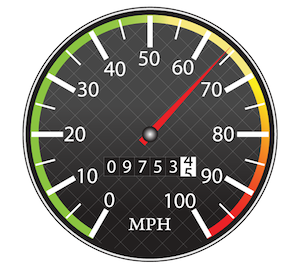 A speeding ticket can cost over $200 in New York, along with at least three points on your license. “But,” you say, “there’s no guarantee I’ll get caught!”
A speeding ticket can cost over $200 in New York, along with at least three points on your license. “But,” you say, “there’s no guarantee I’ll get caught!”
 Suburban drivers are familiar with the uptick in the pedestrian traffic that comes with Halloween trick-or-treating. All those kids on the street increase the possibility of an accident, which makes it important to be extra mindful of driving habits. According to the National Highway Traffic Safety Administration, deaths caused by car-versus-pedestrian accidents account for 11% of all traffic accident deaths.
Suburban drivers are familiar with the uptick in the pedestrian traffic that comes with Halloween trick-or-treating. All those kids on the street increase the possibility of an accident, which makes it important to be extra mindful of driving habits. According to the National Highway Traffic Safety Administration, deaths caused by car-versus-pedestrian accidents account for 11% of all traffic accident deaths.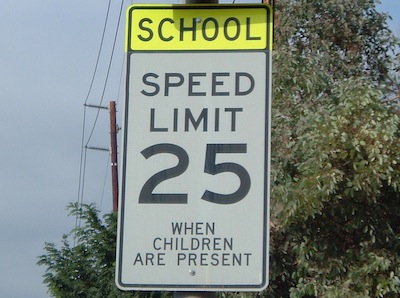 Two New York state politicians are looking to crack down on drivers who speed in school zones. Senator Jose Peralta and Assemblywoman Deborah Glick have
Two New York state politicians are looking to crack down on drivers who speed in school zones. Senator Jose Peralta and Assemblywoman Deborah Glick have 